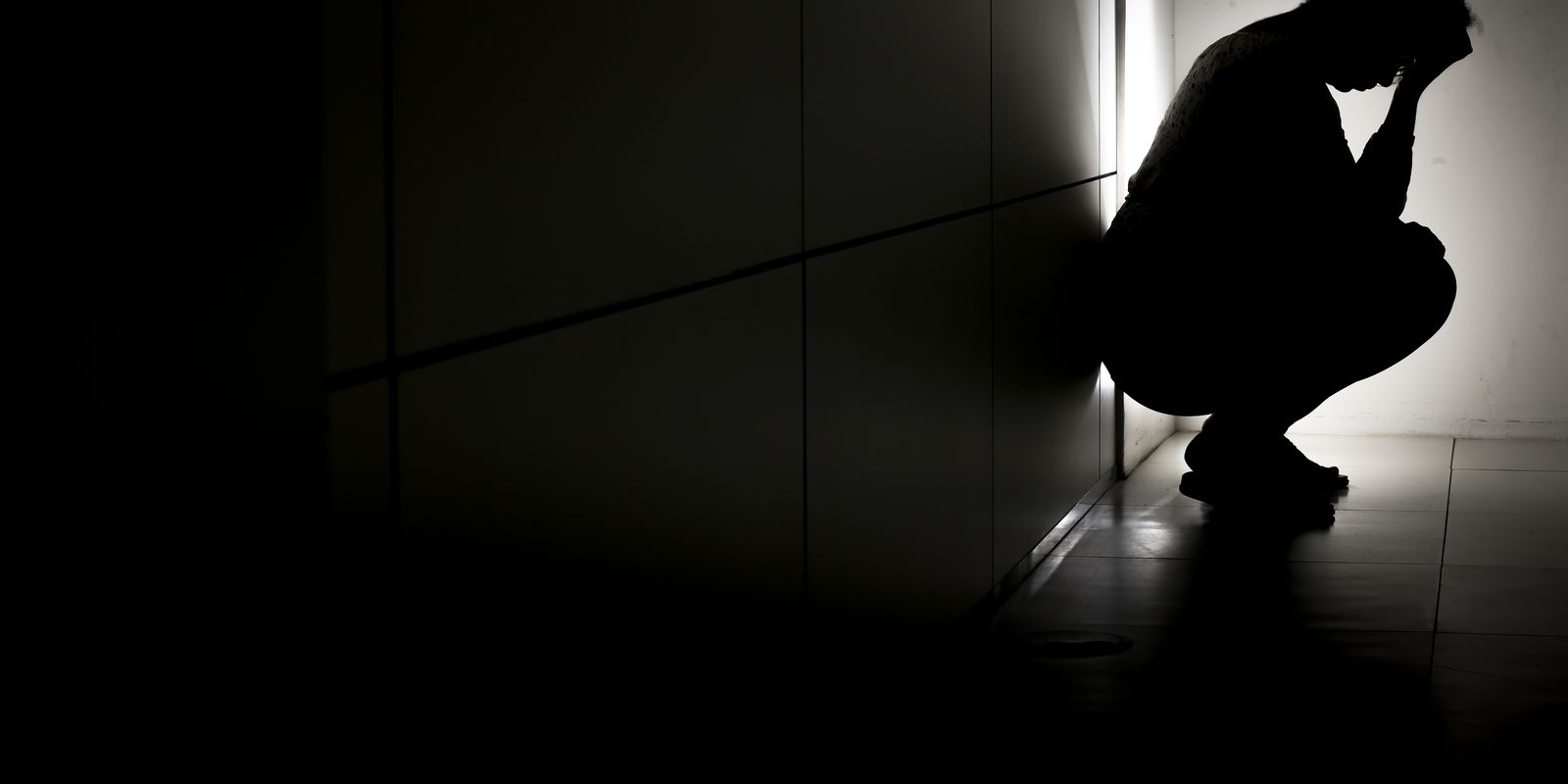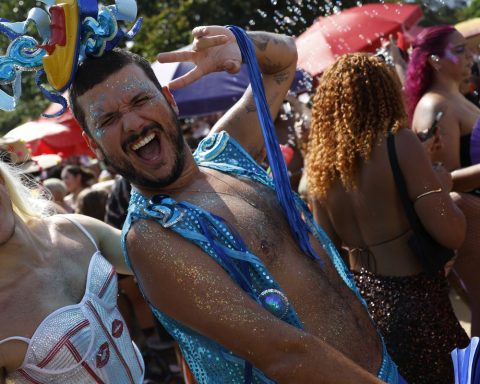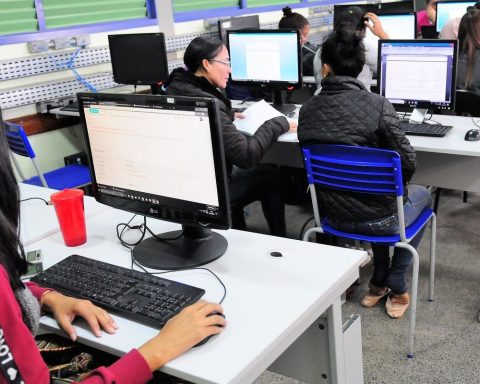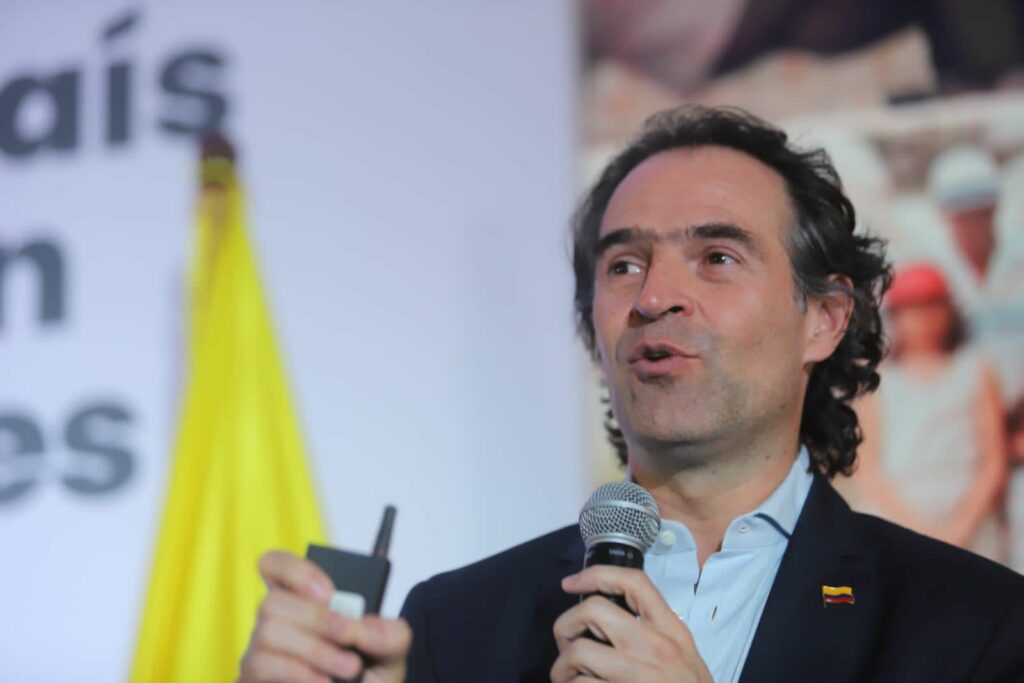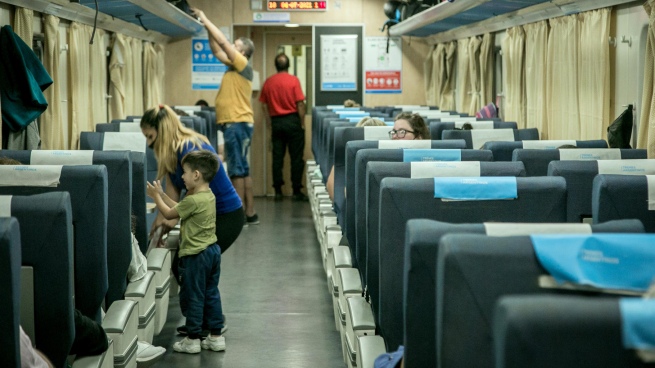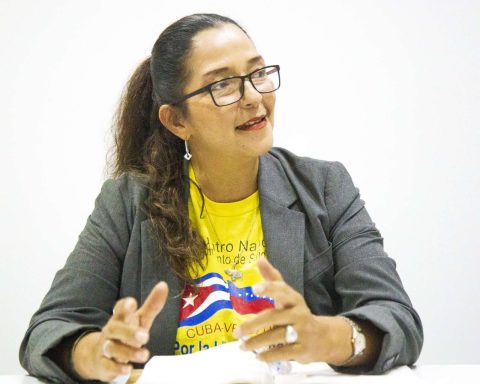The treatment of mental disorders with an approach to aspects of religiosity and spirituality (R/S) went through the covid-19 pandemic and will continue, say experts who participated in the 39th Brazilian Congress of Psychiatry, held this week in Fortaleza, by the Brazilian Association of Psychiatry (ABP).
Scientific works published over the last decades, including the study Position Statementby the Brazilian psychiatrist Alexander Moreira-Almeida, published in 2016 by the World Psychiatric Association (WPA) in the journal World Psychiatry, highlight the importance of approaching and integrating R/S in the assessment, diagnosis and treatment of mental illnesses. The WPA reinforced, on the occasion, the relevance of research on the subject and the consideration of the religiosity of the mental health professionals involved in the consultations.
When participating in the congress, Moreira-Almeida told Brazil Agency that the WPA’s position was already an acknowledgment of evidence of this impact. “We know that most of humanity has religiosity, has spirituality, and that this impacts health, improving depressive conditions or preventing them from happening, decreasing suicidal behavior, substance use and abuse and improving quality of life and well-being as well,” he said. the specialist, who is vice-coordinator of the Committee on Studies and Research in Spirituality and Mental Health of the ABP.
According to Moreira-Almeida, the recommendation for health professionals in general and, in particular, for psychiatrists, was that they should know the importance of such a condition for all humanity, that when people deal with health problems they also seek spirituality. to face them and that this has a positive impact.
In practice, it means that the orientation is that specialists, without ignoring medication, psychotherapy, seek to know the person’s spiritual history. “Because we are interested in knowing the patient and asking what his religiosity is, his faith, and how much it impacts his life. And, at this point, identify the positive aspects of the patient’s religiosity that can help the psychiatrist, clinician, or psychologist, in coping with the problems.”
found
The coordinator of the Commission for Studies and Research in Spirituality and Mental Health of the ABP, Bruno Paz Mosqueiro, reported that, in 2019, the review of a very complete study on the relationship between depression and spirituality was published. “An interesting finding is that, in times of adversity, the protective role of spirituality is much greater. This has a lot to do with Covid-19, which was a time of adversity.”
At Harvard University, a study that followed nearly 90,000 women in the United States clearly showed the importance of religiosity among those who attend religious groups weekly. Mosqueiro stressed the importance of approaching R/S with patients and integrating it into clinical practice, because they really want to talk about it.
“And we, as professionals, need to be able to talk, centered on the patient and what he brings of belief. We need to learn how to bring this into our clinical practice, not having to choose between conventional treatment and religiosity, but addressing it along with other important factors in the person’s life,” he explained.
Trend
For Alexander Moreira-Almeida, who is also a professor at the Federal University of Juiz de Fora, this trend is here to stay, overcoming very limited and partial views of the human being. He recalled that, in the past, there was a time when psychic views of the patient, the psychoanalytic or psychological part, stood out. Then, emphasis was given to the biological aspect, of medications, while another group highlighted the vision of social structures. All groups are partially correct, for pointing out important aspects, but also wrong because they want to “generalize from a single point of view”, he pointed out.
What the WPA and the ABP advocate is a biopsychosocial-spiritual approach that sees all dimensions of the human being. “Actually, I choose my patient. And, in this patient, I will deal with the biological, physical aspect, I will know how to use medication, physical activity, drug use. In the psychic aspect, how he is seeing the world, himself, his difficulties. In the social aspect, the environment where he lives, seek more productive situations. And finally, his own spirituality, in conjunction with all of that, ”explained the psychiatrist.
Moreira-Almeida reported that a review of psychotherapies that included spirituality to treat psychiatric problems was recently published.
If it is part of the patient’s spiritual context, an idea is to encourage him to attend, at least once a week, a group of his religion, do volunteer work, have a regular daily practice of prayer, meditation and to reflect on the problems of the world from its spiritual perspective as well. “I will use the ability to recover and correct mistakes, heavy regrets that happened in the past, self-forgiveness, overcoming. All this can be used in a healthy way, aiming at the patient’s recovery. This has grown more and more in the areas of medicine”, said the psychiatrist.
The Brazilian Society of Cardiology has published a cardiovascular prevention guideline with a spirituality section. Alexander Moreira-Almeida highlighted that the existence of thousands of studies on the subject leaves no doubt that it is a movement with no going back.
In the expert’s opinion, this applies especially in the case of covid-19, whose effects on mental health will still manifest for some time. At the beginning of the confinement, one of the most frequent responses from the population about what they most wanted to do again was to return to their religious community. “Covid also reminded people of human fragility, the lack of control over events. And that has a lot to do with the spiritual quest.”
Although there are still no conclusive studies on this, Moreira-Almeida cited the work of a research group that investigated more than 1,600 people during the pandemic, to see how spirituality influenced them, led to reflections on existence, on life. For many people, it was a rediscovery of three things: I’m not in absolute control of everything; there is a need for family and human bonds and spirituality itself. “There were three pursuits of growth with adversity.”
College students
Bruno Paz Mosqueiro emphasized that the R/E theme has grown in the university environment. Therefore, the commission is concerned with bringing round tables, courses and lectures on the subject to the ABP congresses. “We want to bring this to the study of professionals and also to the population in general”, said Mosqueiro, noting that many patients are satisfied when talking about it with psychiatrists. “Many report that it increases treatment satisfaction, and there is research that shows this.”
Moreira-Almeida highlighted that, among medical students, there is a great openness to the R/E theme. According to him, in most universities, students are the ones who bring up the issue with the academic leagues of religiosity and spirituality across the country. “It has had a very positive reception.” The ABP commission has a partnership with the National League of Students, said the doctor.
Confirmation
The president of the Brazilian Psychiatric Association, Antonio Geraldo da Silva, told Brazil Agency that recent studies confirm the relevance of the approach on religiosity and spirituality in the treatment of mental disorders, including publications and editorials in scientific journals of great impact.
“This is a topic of great prevalence in the general population. Most patients demonstrate a willingness to approach it in health care, and consistent data reinforce a general predominant protective factor of patients’ R/S for mental health, particularly in depressive disorders, mood disorders, substance use disorders, and suicide prevention”, indicated Silva.
*The reporter traveled at the invitation of the Brazilian Association of Psychiatry
